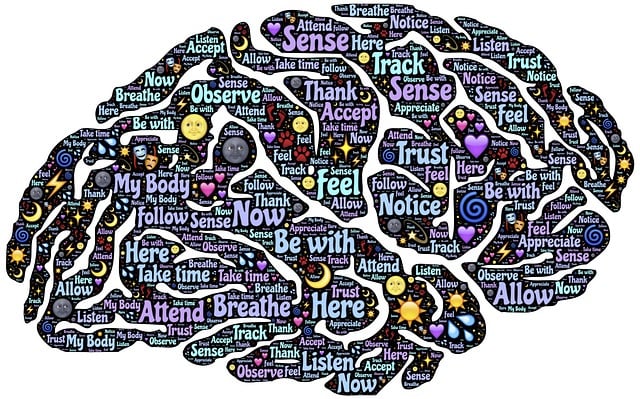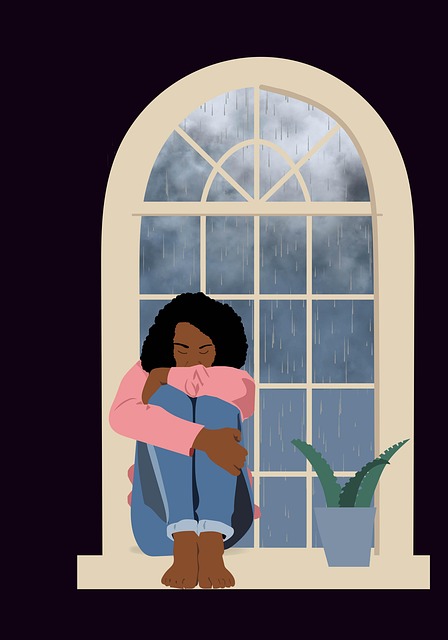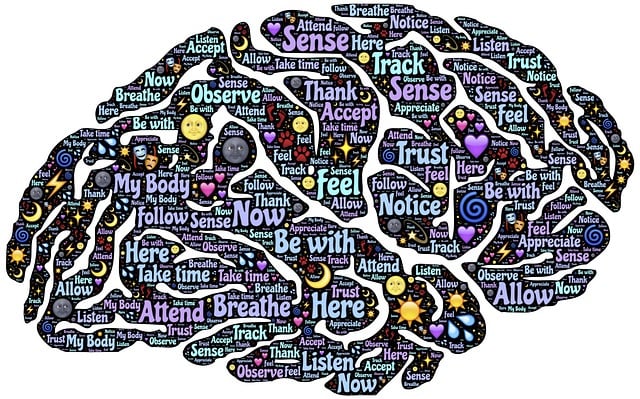Cultural sensitivity is crucial for effective Denver online therapy, addressing diverse clients' unique needs in a bustling urban setting. By overcoming language barriers, understanding cultural beliefs about mental health, and advocating for equitable care through policy analysis, therapists can create inclusive environments. Top practices include respecting cultural backgrounds, actively listening to client experiences, and adapting approaches using preferred languages, customs, and communication styles. Continuous education, self-reflection, and ethical planning ensure Denver online therapy professionals deliver personalized, culturally competent care.
In today’s diverse society, cultural sensitivity is paramount in mental healthcare. The article explores this critical aspect, focusing on Denver online therapy as a means to bridge cultural gaps. We delve into the understanding of cultural sensitivity, examining challenges and barriers in cross-cultural therapy. Furthermore, best practices for providing culturally competent Denver online therapy are highlighted, emphasizing inclusive care that respects and embraces diverse backgrounds.
- Understanding Cultural Sensitivity in Mental Healthcare
- Challenges and Barriers in Cross-Cultural Therapy
- Best Practices for Providing Culturally Competent Denver Online Therapy
Understanding Cultural Sensitivity in Mental Healthcare

Cultural sensitivity is a cornerstone in mental healthcare, ensuring that therapeutic practices are inclusive and effective for individuals from diverse backgrounds. It involves recognizing and respecting different cultural beliefs, values, and traditions, which can significantly impact a person’s experience of mental health issues and their approach to healing. In Denver, online therapy has become an accessible option, reaching a broader spectrum of people, including those from varied cultural communities.
This understanding is crucial for therapists when adapting their practices to meet the unique needs of each client. It involves learning about different cultural contexts, exploring potential barriers to care, and incorporating culturally appropriate coping skills development and emotional well-being promotion techniques. By doing so, mental healthcare professionals can create a safe space, foster trust, and enhance the overall therapeutic experience, regardless of one’s ethnic or cultural background. Public awareness campaigns development around these topics can further contribute to breaking down stereotypes and promoting understanding in the community.
Challenges and Barriers in Cross-Cultural Therapy

In the diverse landscape of Denver, as with many urban centers, mental healthcare practices must navigate complex cultural terrain to provide effective treatment. The challenges and barriers in cross-cultural therapy are multifaceted, especially when serving a population with varied ethnic backgrounds, religions, and social norms. For instance, language differences can significantly impact communication, leading to potential misunderstandings or misunderstandings that hinder progress. Additionally, cultural beliefs about mental health, stigma, and the role of family or community in treatment decisions vary widely, requiring therapists to adapt their approaches and build trust with clients from different backgrounds.
Beyond these initial hurdles, there are systemic barriers such as disparities in access to care, representation within the mental healthcare workforce, and cultural competence training that contribute to challenges in cross-cultural therapy. Denver Online Therapy, for example, must address these issues by integrating Social Skills Training and Conflict Resolution Techniques into their platform to bridge cultural gaps. Furthermore, advocacy for Mental Health Policy Analysis and Advocacy is crucial to ensure equitable access to culturally sensitive care for all residents, reflecting the diverse tapestry of the community they serve.
Best Practices for Providing Culturally Competent Denver Online Therapy

Providing culturally competent Denver online therapy is paramount to ensuring effective mental health care for a diverse range of clients. Best practices involve deeply understanding and respecting each client’s cultural background, values, and beliefs. This includes actively listening to their unique experiences and perspectives, rather than applying a one-size-fits-all approach. Incorporating clients’ preferred languages, customs, and communication styles into therapy sessions fosters trust and openness, enabling more accurate assessments and tailored treatment plans.
To achieve this level of cultural sensitivity in Denver online therapy, mental health professionals should engage in continuous self-reflection and education. This might involve participating in the Mental Wellness Podcast Series Production to share knowledge and learn from peers, exploring Burnout Prevention Strategies for Healthcare Providers to maintain resilience, and implementing robust Risk Management Planning for Mental Health Professionals to ensure ethical practice and client safety.
In conclusion, cultural sensitivity is paramount in mental healthcare, especially with the rise of Denver online therapy. By understanding and overcoming challenges in cross-cultural therapy, practitioners can provide more inclusive and effective treatment. Adopting best practices that foster cultural competence ensures that individuals from diverse backgrounds receive care tailored to their unique needs, ultimately enhancing the accessibility and success of therapy, both in person and through Denver online therapy platforms.














